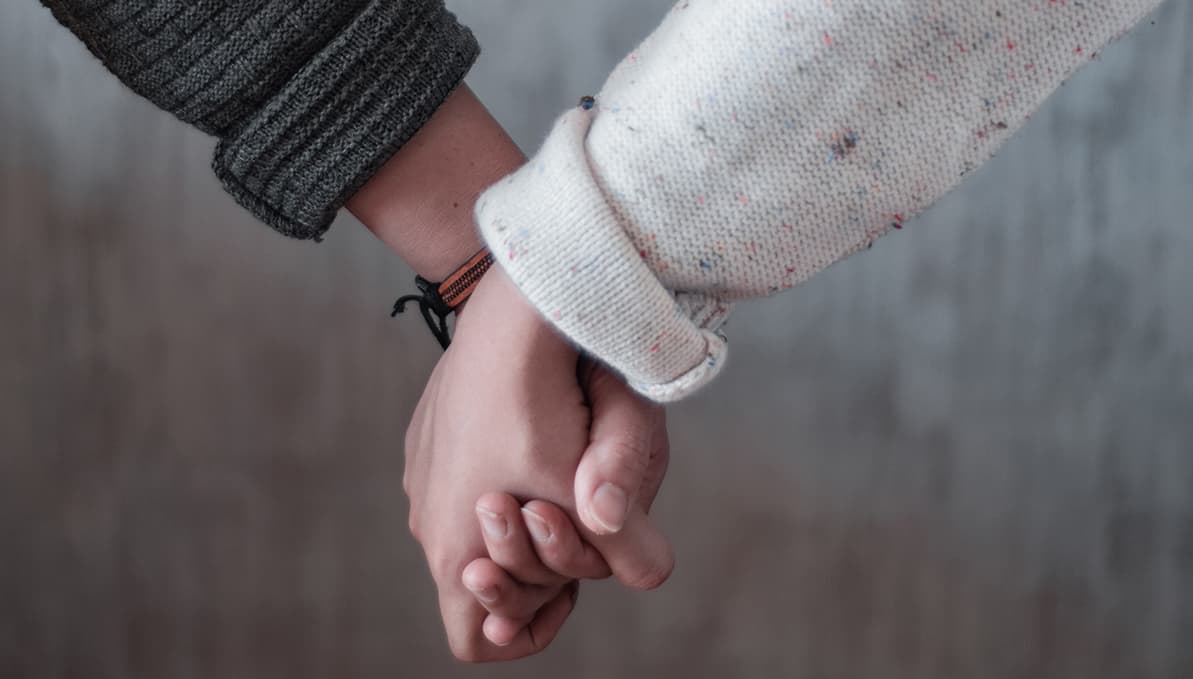Domestic abuse can happen in any relationship. You may experience it whether you are lesbian, gay, bisexual, transgender, queer / questioning or hetrosexual. The abuse may be within an LGBTQ+ relationship or it may be as a result of you identifying as LGBTQ+.
Although any form of domestic abuse or violence may be experienced, the most common types of abuse affecting the LGBTQ+ community are physical violence, including with a weapon, threats and intimidation, verbal harassment and sexual violence.
There are some elements of domestic abuse that are unique to the LGBTQ+ community, one being threatening to reveal a person’s gender identity or sexual orientation, known as ‘outing’. This threat may be used to coerce and control an individual and may also be a barrier to that person seeking help and support. Also, a person identifying as LGBTQ+ may have experienced trauma in the past, such as bullying, which may be a barrier to seeking help.

Local domestic abuse support services will have staff experienced in domestic abuse affecting the LGBTQ+ community and some services will have a specially trained support worker. Women’s Aid Leicestershire requires all staff to undertake specific training on aspects of domestic abuse and violence that are unique to the LGBT community.
If an intimate partner or family member ‘outs’, or threatens to ‘out’ an individual as a way of coercing them and controlling aspects of their life, this would be classed as domestic abuse.
LGBTQ+ individuals may wait longer before seeking support or may not seek help at all for fear of discrimination or bias from support services or the Police. Past experience of physical or psychological trauma may leave a survivor of abuse reluctant to tell someone about the abuse for fear of discrimination. There are specialist support services available for LGBTQ+ individuals and GALOP run a dedicated LGBT+ Domestic Abuse Helpline – 0800 999 5428.